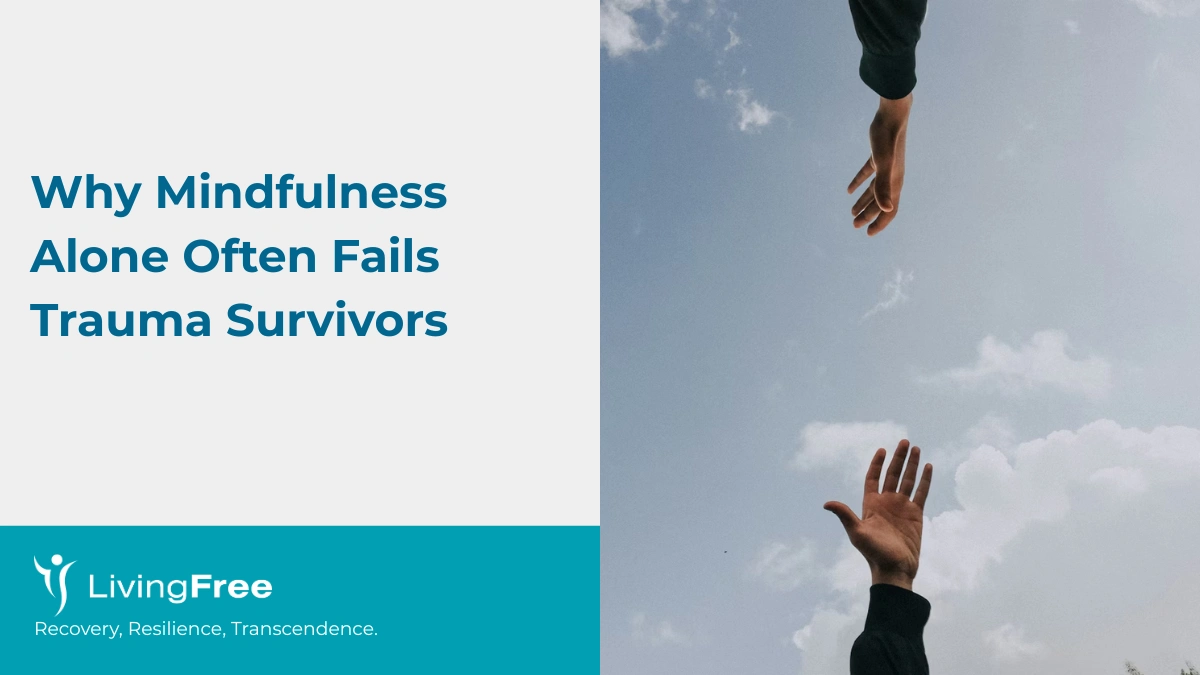What is an Eating Disorder?
Eating disorders are serious conditions where distressing relationships with food, body image, and self-esteem interfere with health and life. DSM-5 includes Anorexia Nervosa, Bulimia Nervosa, Binge Eating Disorder, and Avoidant/Restrictive Food Intake Disorder (ARFID) .
At Living Free, we understand eating disorders as both psychological and somatic, often linked to trauma, perfectionism, or maladaptive stress responses.

Symptoms of Eating Disorders
- Restricting, bingeing, or purging behaviors.
- Obsession with body shape, weight, or calories.
- Intense fear of gaining weight.
- Using food to cope with stress or numb emotions.
- Physical symptoms: fatigue, digestive issues, menstrual irregularities, tooth erosion.
How Eating Disorders Affect Daily Life
Eating disorders can:
- Damage physical health (cardiac problems, osteoporosis, metabolic imbalances).
- Strain family and social relationships.
- Create cycles of secrecy, shame, and self-criticism.
- Disrupt focus, work, or school performance.


Living Free’s Approach to Eating Disorders
Our trauma-informed lens recognizes eating disorders as coping mechanisms for unresolved stress and trauma. Treatment involves both psychotherapy and psychoeducation for holistic recovery.
Therapies We Offer for Eating Disorders
- Cognitive Behavioural Therapy (CBT-E for eating disorders)
- Internal Family Systems (IFS)
- Somatic Coaching & Breathwork
- Nutritional Coaching and Psychoeducation
- Exercise and Sleep Coaching
- Intensive Outpatient Programs (IOP)

Why Choose Living Free
Evidence-based methods built on DSM-5 criteria and neuroscience.
A holistic team including psychotherapists, yoga instructors, and coaches.
A compassionate, client-centered environment.
Contact us today to begin your healing journey with Living Free.





